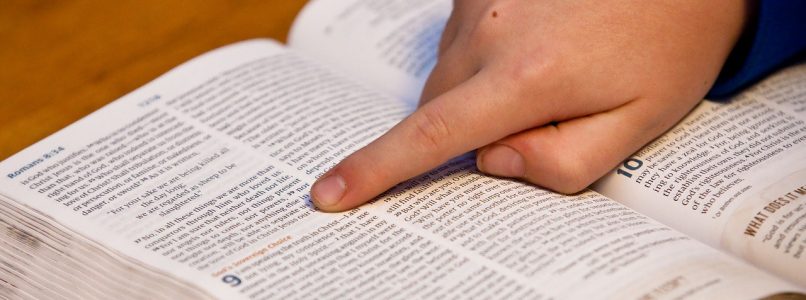There may be a way of fixing Calvinism and the problems that Limited Atonement introduce but I do not think its supporters would like it at all.
I wrote recently about what I see as the fatal flaw – a hamartia if you will – in Calvinistic doctrine. Today, I’d like to propose a way to correct it.
My problem with the forms of Calvinism (that I have encountered) are the variations on the doctrine of Limited Atonement. More specifically, the behaviour it seems to produce in its adherents. These doctrines that limit the atonement to only God’s elect that are exposed to doctrinal tests go on to fail at every turn.
Calvinism sets up as a core belief that Grace is irresistible. It has to wrestle with the fact that while Philippians 2:10 talks about every knee bowing at the Name of Jesus when very few actually seem to do so. This is where Limited Atonement comes in. It says that God only picks those of us he loves and wants to save – everyone else was born for hell. It is not exactly conducive to loving people unconditionally. Why love those God hates?
As I have indicated before, this can produce a spiritual smugness – “God likes me, but you He hates”. That little bit of the yeast of the Pharisees goes on to corrupt the whole doctrinal system, its believers, and the church as a whole.
The fix (but you might not like it)
The fix to this problem was prosed sometime around the start of the seventeenth century by Moses Amyraut (1596–1664). I’ve talked about this person before when I tried (and utterly failed) to accurately define Amyraldism. My mistake was in not understanding Moses Amyraut’s idea that we are all the elect; everyone will be saved in the end.
Clearly then, I do not understand this doctrine as well as I thought I did. However, it does provide a form of Calvinism that can exist without the Biblically questionable doctrines that God only wishes to save some of us. Of course, you then have to accept a doctrine of the eventual salvation of all mankind. A doctrine is more commonly known as Universal Salvation.
This much wider and more inclusive Calvinism is, at least, more internally consistent, and less at odds with scripture. It would require you to abandon any doctrine of eternal punishment in hell too. In short, it calls for a full dose of metanoia. Which is okay because a change of mind is a vital part of repentance. Something we Christians should be comfortable with.
I am undecided about Calvinism but this way of fixing Calvinism at least leaves it doctrinally coherent.



